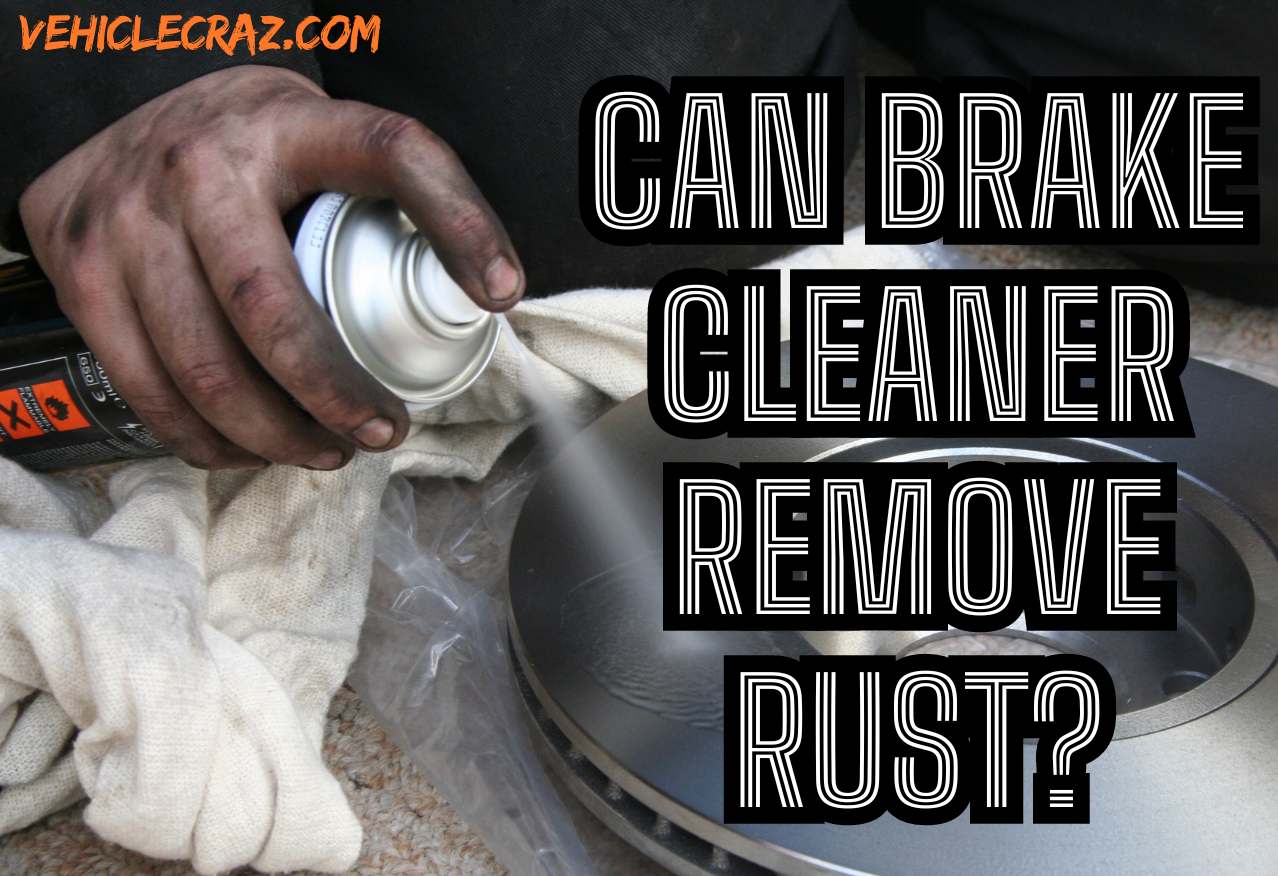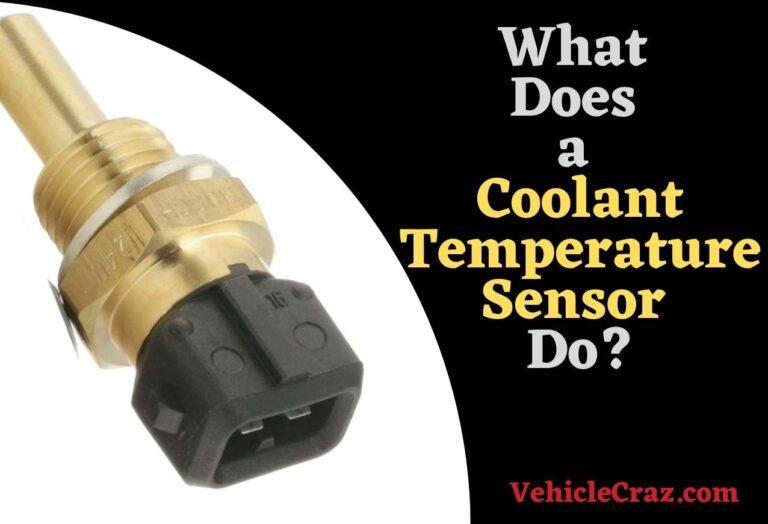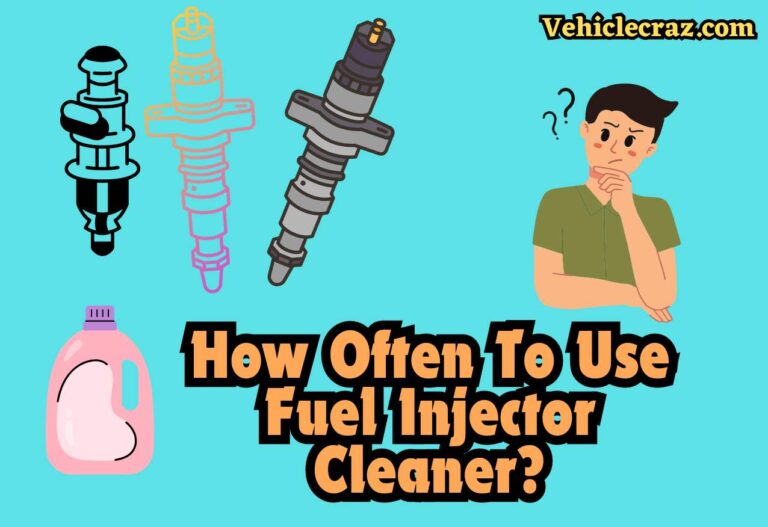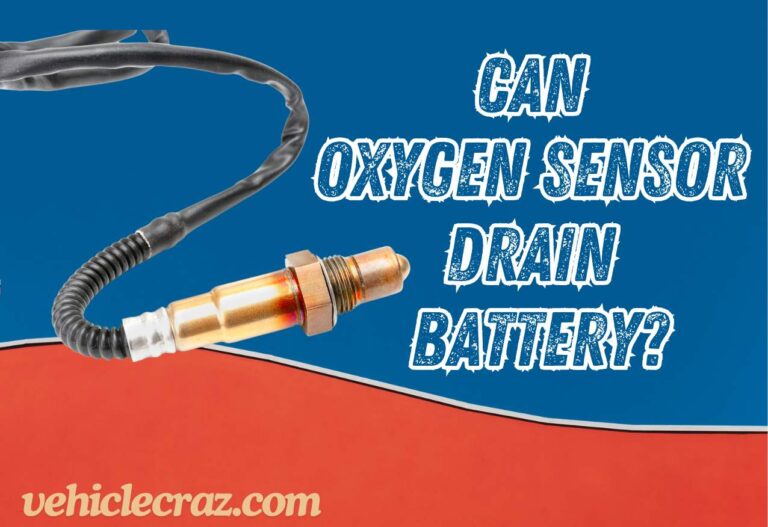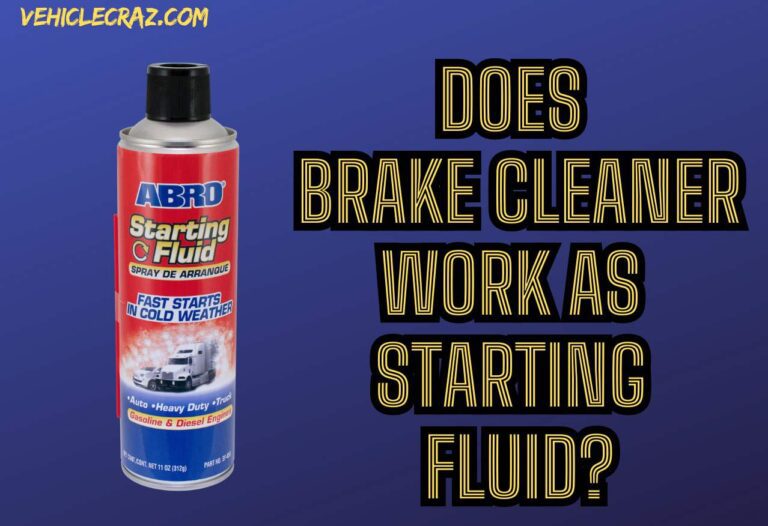Can Brake Cleaner Remove Rust? Here is the Answer!
Are you looking for a quick and easy solution to remove rust from metal surfaces? How about brake cleaners? Can brake cleaner remove rust? Curious to know? Let us help you!
Table of Contents
ToggleCan Brake Cleaner Remove Rust?
Brake cleaners can assist in cleaning light surface rust from metal surfaces by dissolving dirt, grime, and loose rust particles. While it is not designed for heavy rust removal, it can prepare the surface for further rust treatment.
Brake cleaner’s effectiveness in removing rust is limited compared to dedicated rust removers or converters. It may not fully penetrate or remove deep or stubborn rust layers.
When using brake cleaner for rust removal, safety precautions are crucial. Protective gear, including gloves and a mask, should be worn, and work should be conducted in a well-ventilated area to avoid inhaling fumes.
For more stubborn rust, mechanical methods such as sanding or wire brushing, or using a rust converter or remover specifically designed for rust removal, may be more effective. In summary, while brake cleaner can be a useful initial step in addressing light surface rust, it is not a comprehensive solution for heavy rust. It is best used as a preparatory step before applying more effective rust treatment products.
how fast does brake cleaner remove rust?
The speed at which brake cleaners can remove rust depends on several factors, including the severity of the rust, the type of metal being cleaned, and the specific formulation of the brake cleaner.
In general, brake cleaner can start to dissolve surface rust within minutes of application, especially for light rust. However, more severe or stubborn rust may require longer exposure times or repeated applications for effective removal.
It’s important to note that while brake cleaner can help loosen and remove rust, it may not completely eliminate all rust, especially if the rust has penetrated deeply into the metal. In such cases, additional rust removal methods, such as mechanical abrasion or chemical rust converters, may be necessary to fully remove the rust.
Overall, the speed at which brake cleaner removes rust can vary depending on the specific circumstances, but it is generally effective at quickly dissolving and removing light surface rust.
Can You Use Brake Cleaner on Rusted Brake Components Without Causing Damage?
Yes, you can use brake cleaner on rusted brake components without causing damage, as long as you use it properly. Brake cleaner is safe for use on most metal surfaces, including brake components, as it is designed to dissolve grease, oil, and other contaminants without leaving residue.
To use brake cleaner on rusted brake components ensure the brake components are cool to the touch before applying the cleaner. Then, spray the brake cleaner directly onto the rusted areas. and allow the cleaner to penetrate the rust for a few minutes.
Now, use a wire brush or abrasive pad to scrub the rusted areas gently. Wipe away the loosened rust and cleaner with a clean, dry cloth and repeat the process if necessary until the rust is removed.
After cleaning, it’s important to thoroughly rinse the brake components with water to remove any remaining cleaner residue.
Can Non-chlorine Brake Cleaner Cause Rust?
Non-chlorinated brake cleaner is not likely to cause rust on its own. However, if the surface being cleaned with non-chlorinated brake cleaner is not properly dried after cleaning, it could potentially lead to rust formation.
This is because non-chlorinated brake cleaner typically contains solvents that can displace water and moisture, which is necessary to prevent rust. If the cleaned surface is not dried thoroughly, residual moisture could remain, leading to the possibility of rust developing over time, especially in humid environments or on metal surfaces prone to rusting.
Therefore, it’s important to ensure that the surface is completely dry after using non-chlorinated brake cleaner to prevent rust formation.
Are There Any Specific Types of Rust that Brake Cleaners More Effective Against?
Brake cleaner is generally effective against light surface rust and can help remove loose rust particles and contaminants from metal surfaces. It is most effective against rust that has not deeply penetrated or bonded strongly to the metal.
However, brake cleaner may be less effective against heavy or deeply ingrained rust that has formed thick layers or has bonded tightly to the metal surface. In such cases, more aggressive rust removal methods, such as mechanical abrasion or chemical rust converters, may be more effective.
Overall, brake cleaner is best suited for light rust removal and as a preliminary step before using more specialized rust removal methods for heavier rust.
You May Also Like


I’m Alex, a seasoned mechanical teacher with over 20 years of hands-on experience in Australia. My passion for all things automotive has driven me to establish this blog, aiming to share my wealth of knowledge and expertise with fellow enthusiasts, DIYers, and anyone keen on understanding the mechanics behind the machines we rely on daily.

